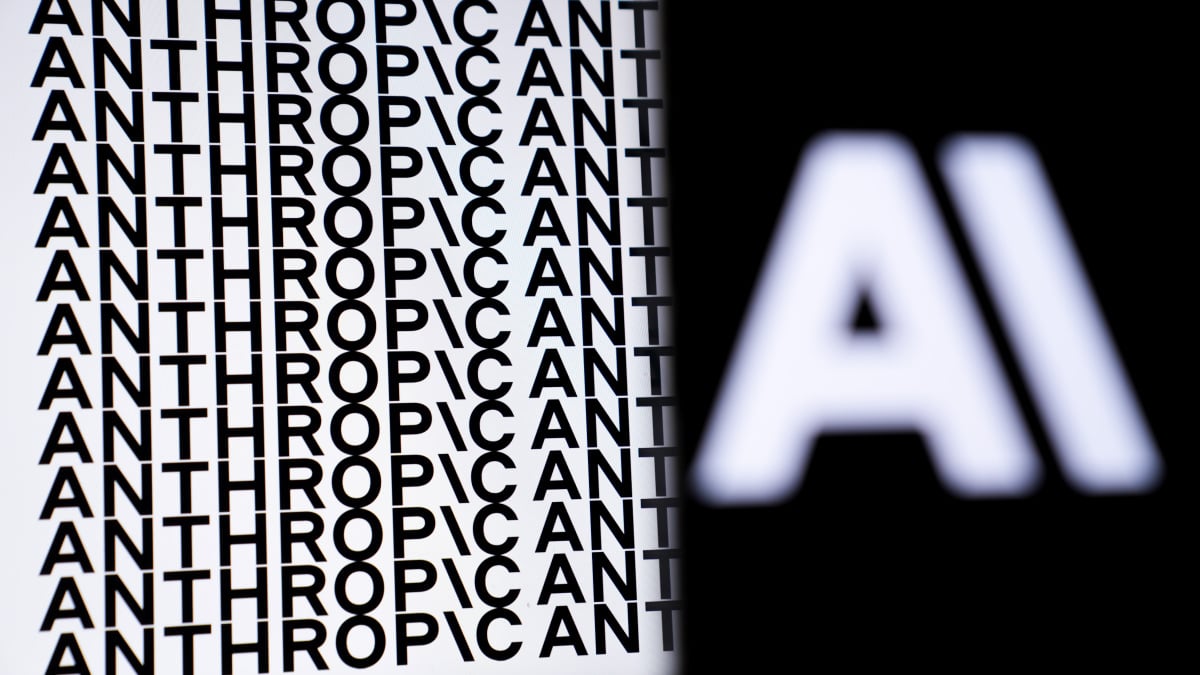
The bill for training AI on copyrighted content now has a price tag: $1.5 billion. Anthropic agreed to this record setting copyright settlement with a group of authors and publishers who said their books were used without permission to train large language models. Reported per book payouts are around $3,000 per book, a figure that focuses attention on author compensation and data licensing for generative AI.
For years, companies building generative AI have relied on vast datasets of text from the web and digitized collections. Plaintiffs in a book authors lawsuit argued that using copyrighted works without permission amounts to copyright infringement rather than fair use. The controversy has centered on AI training data, the role of shadow libraries, and how developers document and source content for models such as Claude.
This Anthropic settlement signals several shifts for companies that build or use AI models. Expect increased focus on data licensing, clearer documentation of AI training data, and a new compliance mindset across the sector.
For creators, the settlement is a move toward fairer compensation when their works feed AI systems. For users and businesses, it means more transparent practices about what data powers AI and potentially higher costs for advanced AI features. The case also puts a spotlight on broader debates about AI and creative works, and on how regulators may set new rules for training data.
The Anthropic settlement is likely to accelerate similar claims and licensing negotiations across the generative AI landscape. Companies that adopt proactive data licensing strategies will be better positioned to avoid costly litigation tied to AI copyright. In short, the era of using any available text without clear permission appears to be ending, replaced by a new reality where data licensing and author compensation are central to building responsible AI.
Legal observers describe the decision as a watershed moment. As AI companies adapt, expect ongoing coverage of AI copyright, the evolving legal precedent, and the industry response to how AI training data gets sourced and paid for.



